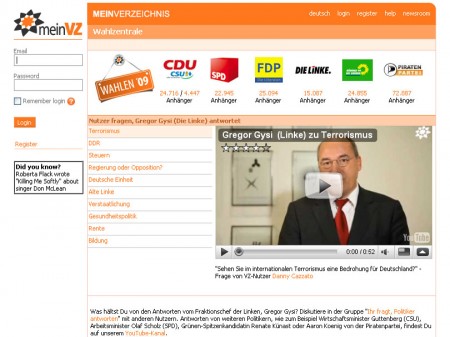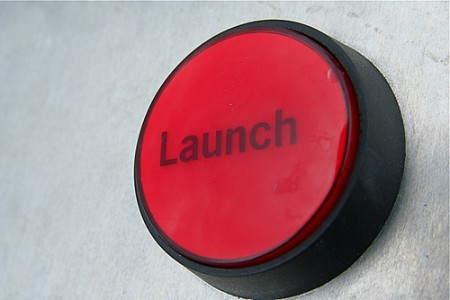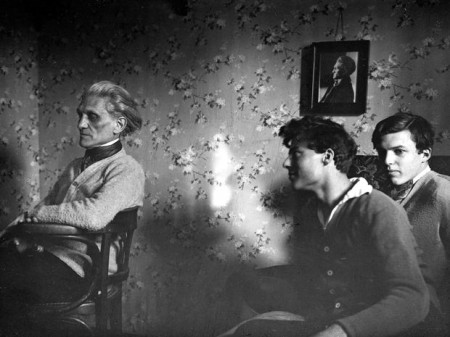
Two decades after the fall of the Wall the world and Germany itself is afforded a moment for self-reflection and an opportunity for analysis of the consequences of that momentous event. As well as providing us with a unique reference point in terms of the end of the Cold War and Cold War history more generally, the end of Germany’s division provides us with a benchmark for the analysis of the progress that Germany has made since its re-unification nearly two decades ago.
- This week, we publish an ISN Special Report on Germany Beyond the Wall, featuring three articles by top level academics. Victor Mauer, deputy director of the Center for Security Studies (CSS) examines German foreign policy before and after the fall, with an emphasis on the continuing quest to balance tradition and Cold War legacies with transformation. Dan Hough, from the University of Sussex, examines the evolution of German national politics and political culture. Belinda Cooper, a senior fellow at the World Policy Institute looks at the German national identity and the search for a cultural one.
- In our Policy Briefs section, a Center for Eastern Studies (CES) paper evaluates German memory in the year of the double anniversary of 1949 and 1989 and analyzes its influence on the collective identity of the German people.
- In our Links section we feature 20 Years After the Wall, a web page provided by Spiegel Online that offers articles, background and opinions on the anniversary of the fall of the Wall.
- A piece of history from our Digital Library: a 1987 EastWest Institute analysis of Gorbachev’s policies.
- And a classic from our Primary Resources section, JFK’s Ich bin ein Berliner speech from 1963.



